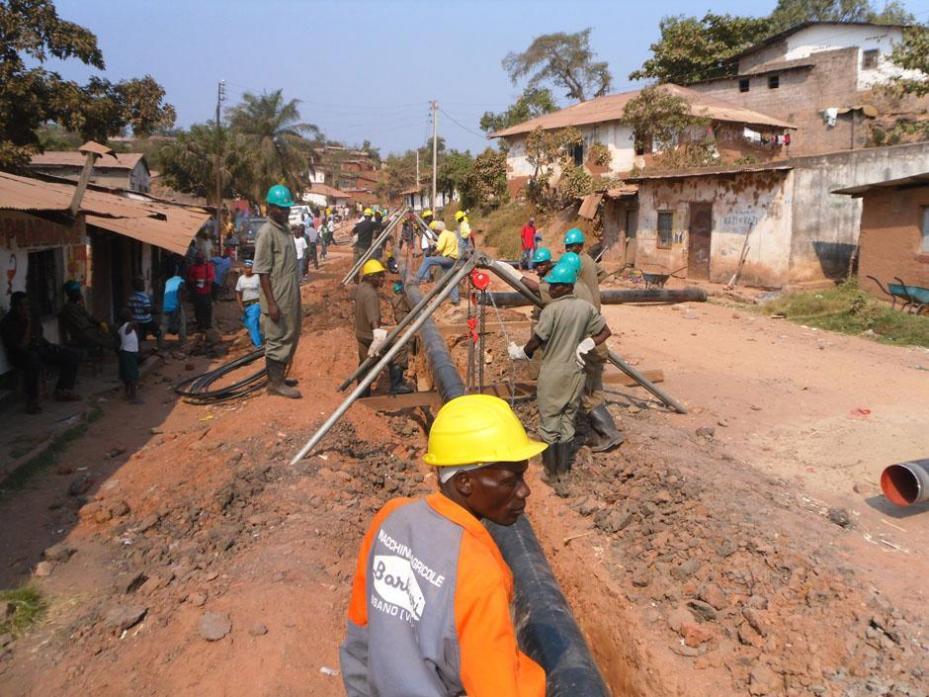A CORE CONCERN IN THE DEMOCRATIC REPUBLIC OF THE CONGO
Cholera is endemic in Africa, where the problem is compounded by limited access to clean drinking water. It is a particular problem in the Democratic Republic of the Congo (DRC), which had 20% of cholera-related deaths worldwide between 2002 and 2008. In partnership with the Congolese Ministry of Health, the Veolia Foundation has drawn up a strategy to combat cholera through a campaign that goes beyond emergency medical care to renovate drinking water networks in areas most at risk.

ACCESS TO CLEAN DRINKING WATER IS A VITAL PART OF THE CAMPAIGN TO FIGHT THE DISEASE
Initiatives are already underway to improve access to clean drinking water in two out of the eight epidemic hotspots, Kalemie and Uvira, which are home to 500,000 people. Work to renovate pipes, build reservoirs, increase the capacity of the water treatment plant and promote basic rules of hygiene are helping to push back the epidemic. UNICEF's 2010 Atlas noted a reduction of almost 50% in cholera cases in Kalemie between 2007 and 2010.
According to the WHO, every year, there are an estimated 3 to 5 million cholera cases and between 100,000 and 120,000 deaths due to the disease.
Cholera remains a key indicator of a lack of social development.

